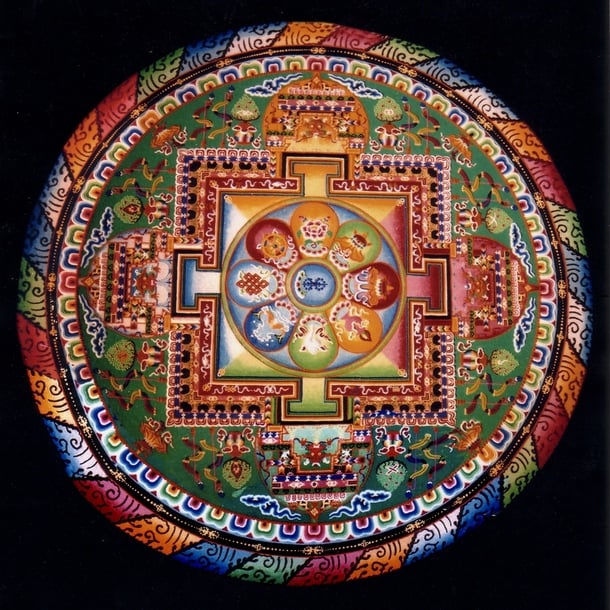

Beloved-of-the-Gods, King Piyadasi, honors both ascetics and the householders of all religions, and he honors them with gifts and honors of various kinds. But Beloved-of-the-Gods, King Piyadasi, does not value gifts and honors as much as he values this — that there should be growth in the essentials of all religions. Growth in essentials can be done in different ways, but all of them have as their root restraint in speech, that is, not praising one’s own religion, or condemning the religion of others without good cause. And if there is cause for criticism, it should be done in a mild way. But it is better to honor other religions for this reason. By so doing, one’s own religion benefits, and so do other religions, while doing otherwise harms one’s own religion and the religions of others. Whoever praises his own religion, due to excessive devotion, and condemns others with the thought “Let me glorify my own religion,” only harms his own religion. Therefore contact (between religions) is good. One should listen to and respect the doctrines professed by others. Beloved-of-the-Gods, King Piyadasi, desires that all should be well-learned in the good doctrines of other religions.
Those who are content with their own religion should be told this: Beloved-of-the-Gods, King Piyadasi, does not value gifts and honors as much as he values that there should be growth in the essentials of all religions. And to this end many are working — Dhamma Mahamatras, Mahamatras in charge of the women’s quarters, officers in charge of outlying areas, and other such officers. And the fruit of this is that one’s own religion grows and the Dhamma is illuminated also.
—Ashoka (????), The Twelfth Rock Edict (ca. 256 BCE)
In the third century before the Common Era, King Piyadasi, who has come to be known as Ashoka (“man without sorrow”), ruled over a vast empire that covered the territory of the current nations of Afghanistan, Pakistan, India and Bangladesh. He is best known today for pillars erected throughout his kingdom which proclaimed a series of enlightened laws, which focus on restraint from violence, respect for fellow humans and animals and an appreciation for the underlying similar ethical teachings at the heart of all major religions. (Above the text a passage from one of these pillars, found in Girnar in the state of Gujarat, is reproduced). Ashoka came to his views through hardship. As the pillars recount, in the eighth year of his rein, Ashoka waged war against the only major still unconquered chunk of the subcontinent, the kingdom of Kalinga (the current day state of Orissa). He prevailed, but was horrified by the process–“one hundred and fifty thousand persons were thence carried away captive, one hundred thousand were there slain, and many times that number perished” he writes in another of the Rock Edicts. Ashoka embraced Buddhism, and pledged to gradually give up eating meat and waging war. He argued that the state could better pursue its expansion by policies that embraced moral right and the rule of law. Ashoka did not, however, adopt Buddhism as a state religion or compel conversion of the believers of other faiths–instead he proclaimed official policies promoting a dialogue between religions, but compelling them to foreswear violence (ahimsa, ??????) as a tool in finding converts and he forbade religious leaders from disparaging other faiths, and that the process of dialogue and peaceful disputation would lead to a universal, agreed code of ethical conduct for all peoples. When he refers to dhamma (????, sometimes written dharma), he means a code of ethical conduct which is based on reason and is differentiated from religious beliefs per se–it references but is not the same as the ethical code at the heart of the Buddhist faith.


